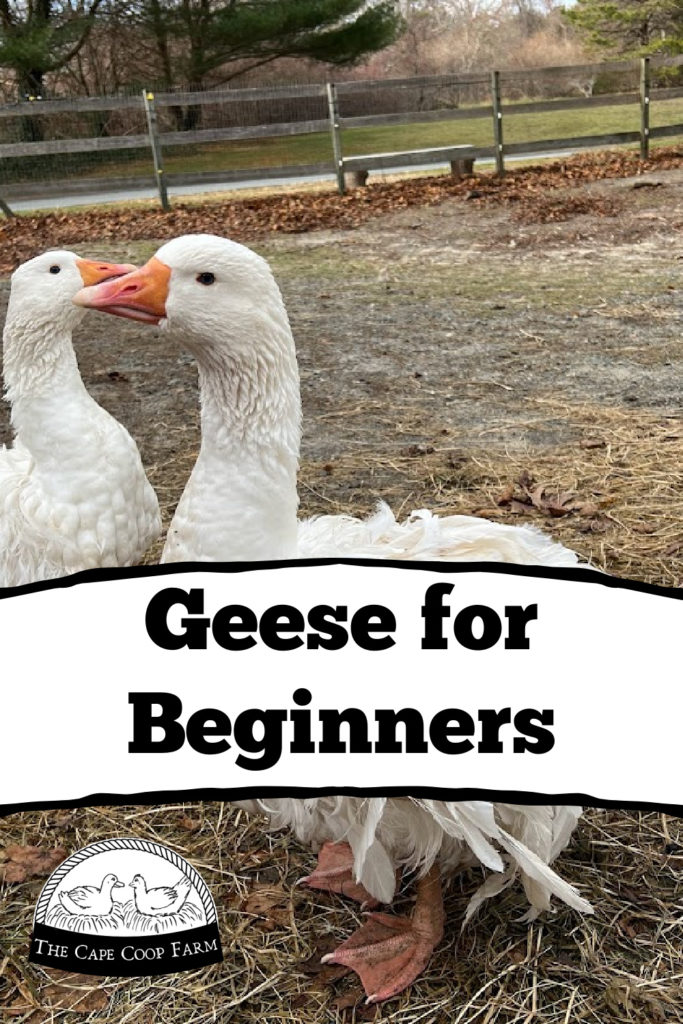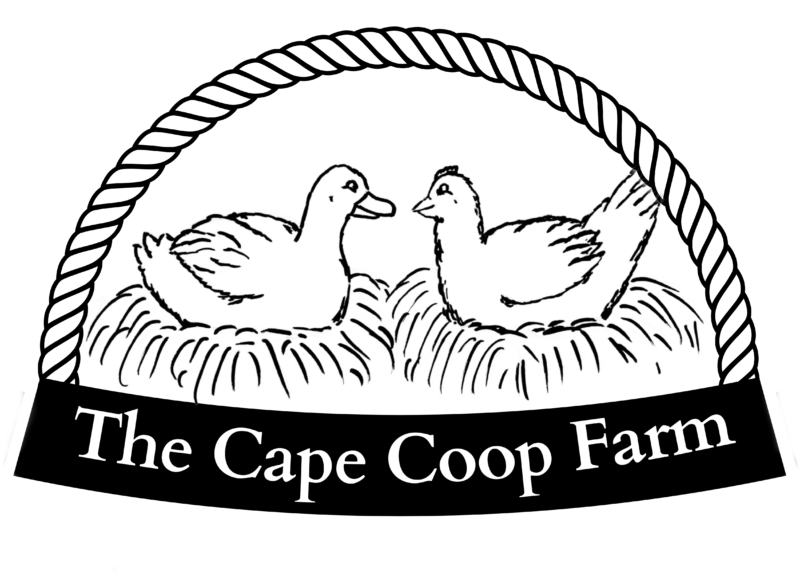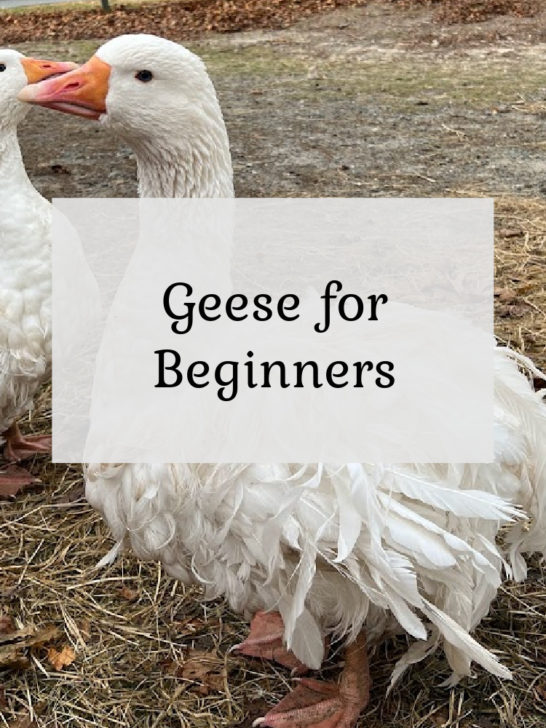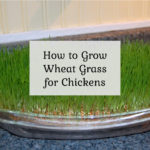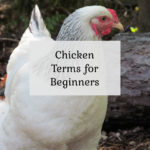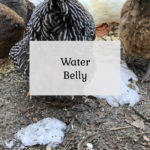---------------------------------------------------------
They say that chickens are a “gateway” farm animal. But the gateway to what? When looking to expand your farm, waterfowl might seem like a natural addition. Ducks and geese do make a lovely addition to your poultry farm, but they are not just water chickens. Geese in particular require some different care than other members of the poultry family. Let’s learn the basics of caring for geese!
What do geese eat?
Properly feeding any animal is one of the most important things to get right so let’s start here. Geese are foragers and they are primarily herbivores. Approximately 80% of their diet should be foraged greens, leaves, grass, or hay. This is the biggest difference when comparing the diets of chickens and geese. Chickens can live happily on just a quality layer pellet but for geese, grain should only be 20% of their diet. Geese might enjoy an occasional snack of mealworms or insects, but they don’t seek them out the way chickens and ducks do.
Free ranging geese
Because of their diet, geese can be easy and inexpensive to raise if you have space to allow free-ranging. They will happily wander your yard or fields from sun up to sun down sampling all the grass and weeds, fulfilling most of their dietary requirements. This arrangement works out great in the summer months. Here in New England our grass goes dormant in the winter and makes for poor forage. Our geese always have unlimited second-cut hay available to them. They don’t eat much of it in the summer, but in the winter it is an important part of their diet.
When they don’t have access to fresh grass & greens, you must provide hay or other forage sources for them. In addition to hay, they also love treats in the winter of fresh herbs, romaine lettuce or other leafy greens, pea sprouts, or wheat grass. Growing wheat grass is an easy & cost effective way to provide some fresh greenery for your geese when foraging isn’t available. Click here to see how
With their larger size and attitude, geese are safer during free ranging than chickens. Most birds of prey, like hawks, won’t mess with a full-grown goose. Fencing in the area with at least a 4 foot high fence will keep your geese from wandering into the road or into your neighbor’s yard. Geese can be good yard guardians chasing off strangers and smaller predators that might threaten your flock.
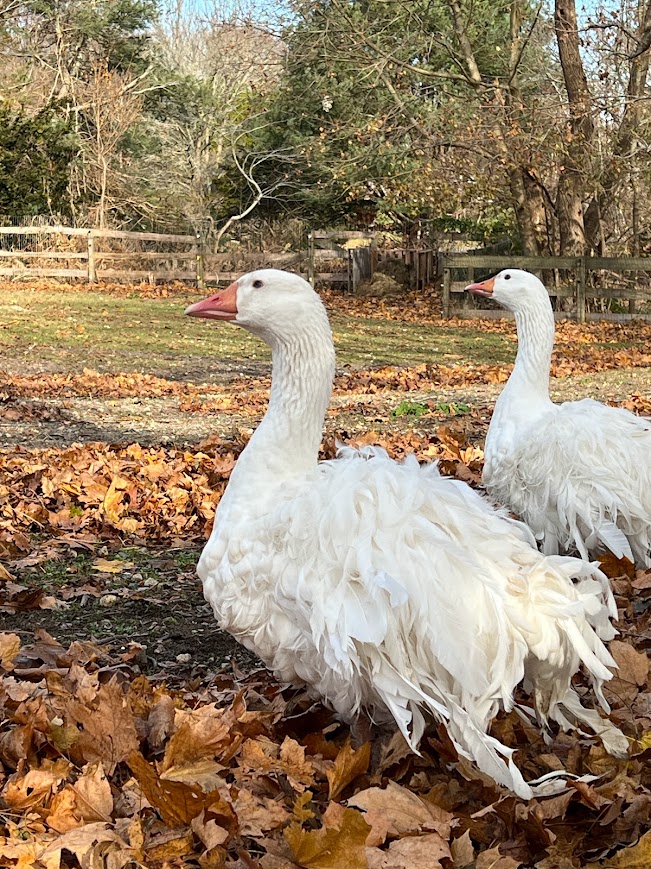
Grains for your geese
After foraged greens, grains should make up the remaining 20% of your goose’s diet. Geese only lay eggs in the early spring during an approximately 8-10 week period. While they can eat a standard chicken layer feed, for most of the year it will have too much calcium for these non-laying birds. A better choice is a multi-flock feed with 15-16% protein. If you can find a waterfowl maintenance feed that would be the best choice.
I like to mix up a grain mix for my geese – I do equal parts soft white wheat berries, rolled oats, and black oil sunflower seeds. I will then sprinkle some brewer’s yeast on top for added niacin.
Feeding goslings
The above diet is great for adult geese, but what about goslings? Just like ducklings, goslings need a lot of niacin to grow strong legs and joints. For this reason, you will want to find a waterfowl or gosling starter feed if possible.
Goslings grow REALLY quickly and need a high protein starter for the first 3 weeks of life (20-22% protein). After 3 weeks it is important that you cut that protein to avoid angel wing (click here to read more about this). To cut the protein you can either mix rolled oats into their high protein starter feed, or you can switch to a standard unmedicated chick starter (16-18% protein). If you switch to a chick starter, you will want to add brewer’s yeast to the feed to keep their niacin levels up. click here to read more about niacin & waterfowl.
At 3 weeks it is also a good idea to start to introduce foraged greens. If they are outside, they will find their own grit, but if you are adding greens to their brooder pen be sure to provide grit as well.
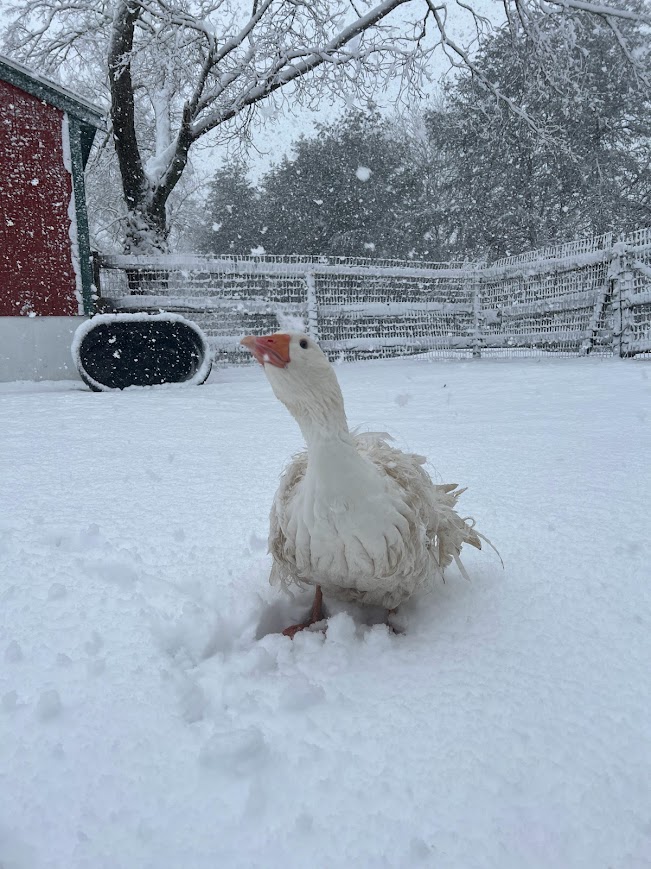
Water for your geese
Having unlimited fresh water is vital for healthy geese. They will need a bucket of clean water deep enough for them to submerge their entire beak in. This is important for keeping their nostrils clean. Geese don’t need to have water to swim in, but they will really love it! Swimming space can be as easy as a small kiddie pool. Make a plan for how you will keep your geese’s water from freezing in winter if you live in a cold climate. click here for some ideas!
Shelter for geese
Domestic geese can not fly like their wild cousins, and they are relatively slow on land. This leaves them vulnerable to larger predators like foxes or coyotes. Geese should be secured into a shelter from dusk to dawn for their protection. A goose shelter doesn’t need to be anything fancy. Plan for about 8 square feet of shelter space per goose. Ventilation is important, just like in building a chicken coop. Be sure that any vents are covered in hardware cloth so that predators can’t get in.
I do not recommend keeping water or feed inside your goose shelter, they will just make a mess with it. Spilled water will soak the bedding and rot the floor and spilled grains can attract rodents. They will be ok overnight without either.
Line the floor with straw or hay for them to make nests for sleeping. Geese only lay eggs for a few months out of the year, so you can add nest boxes during the breeding season.
Our geese share a barn with our chickens & ducks. If you are thinking about having a shared space I recommend having LOTS of extra room (our poultry barn is 10 feet x 30 feet with 45 birds). If they are all on top of each other there will be fighting. If you don’t have plenty of room to spare inside your chicken coop it’s best to build the geese their own shelter.
